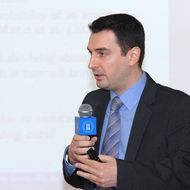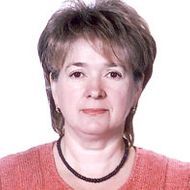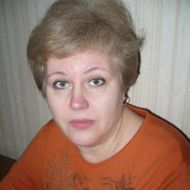- A
- A
- A
- АБB
- АБB
- АБB
- А
- А
- А
- А
- А
- Национальный исследовательский университет «Высшая школа экономики»
- Факультет экономических наук
- Департамент теоретической экономики
- Учебные курсы
- Динамические стохастические модели общего равновесия 2023 и 2024 учебного года
-
Департамент
- О департаменте
- Сотрудники
- Лучшие преподаватели
- Аспиранты
- Учебные курсы
- Конкурс ППС
- Планирование учебной нагрузки
- Наука в департаменте
109028, Москва,
Покровский бульвар 11, Администрация департамента: офисы S1029, S1030; тел: +7(495) 772-95-90 *27172, 27173, 27174
PhD, Университет Штата Пенсильвания
Департамент теоретической экономики объединяет высококвалифицированных специалистов в различных областях экономической теории, включая микро и макроэкономику, теорию денег и финансов, экономическую историю и историю экономических учений. Наша миссия — обеспечение преподавания экономических дисциплин в НИУ ВШЭ на уровне ведущих западных университетов с учетом специфики профилей подготовки студентов.
 Как богатые страны стали богатыми, и почему бедные страны остаются бедными. 11-е изд.
Как богатые страны стали богатыми, и почему бедные страны остаются бедными. 11-е изд.
Райнерт Э. С.
М.: Издательский дом НИУ ВШЭ, 2025.
Гловели Г. Дж., Зайцева М. С., Минаева Е. А.
Вопросы теоретической экономики. 2024. № 2. С. 86-102.
Бондаренко К. А., Стародубцева М. Ф., Куприянов А. и др.
В кн.: Макроэкономика. Практикум странового анализа. М.: НИЦ Инфра-М, 2025. Гл. 2. С. 105-195.
Аналитические записки. 1. Банк России, 2024. № 10.
Dynamic Stochastic General Equilibrium Models
- О ВЫШКЕ
- Цифры и факты
- Руководство и структура
- Устойчивое развитие в НИУ ВШЭ
- Преподаватели и сотрудники
- Корпуса и общежития
- Закупки
- Обращения граждан в НИУ ВШЭ
- Фонд целевого капитала
- Противодействие коррупции
- Сведения о доходах, расходах, об имуществе и обязательствах имущественного характера
- Сведения об образовательной организации
- Людям с ограниченными возможностями здоровья
- Единая платежная страница
- Работа в Вышке
- ОБРАЗОВАНИЕ
- Лицей
- Довузовская подготовка
- Олимпиады
- Прием в бакалавриат
- Вышка+
- Прием в магистратуру
- Аспирантура
- Дополнительное образование
- Центр развития карьеры
- Бизнес-инкубатор ВШЭ
-
http://www.minobrnauki.gov.ru/
Министерство науки и высшего образования РФ
-
https://edu.gov.ru/
Министерство просвещения РФ
-
http://www.edu.ru
Федеральный портал «Российское образование»
-
https://elearning.hse.ru/mooc
Массовые открытые онлайн-курсы
- © НИУ ВШЭ 1993–2024 Адреса и контакты Условия использования материалов Политика конфиденциальности Карта сайта
- Редактору





Преподаватель
Мишин Арсений Олегович
Course Syllabus
Abstract
Learning Objectives
Expected Learning Outcomes
Course Contents
Assessment Elements
Interim Assessment
Bibliography
Recommended Core Bibliography
Recommended Additional Bibliography
Authors